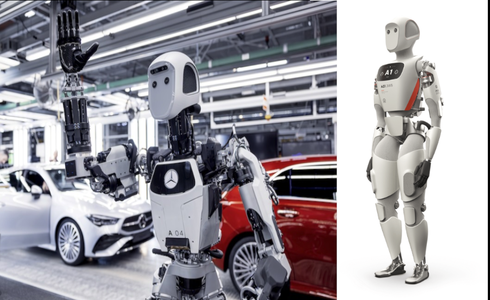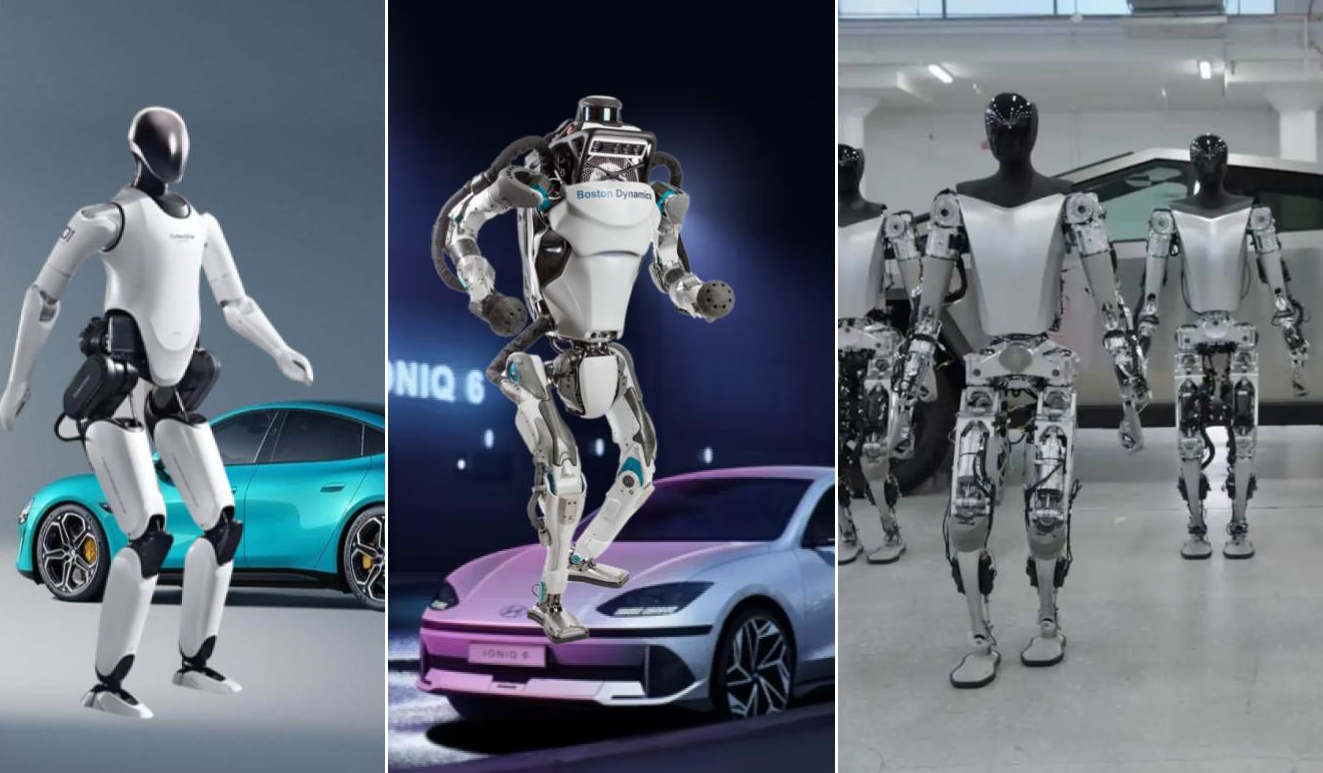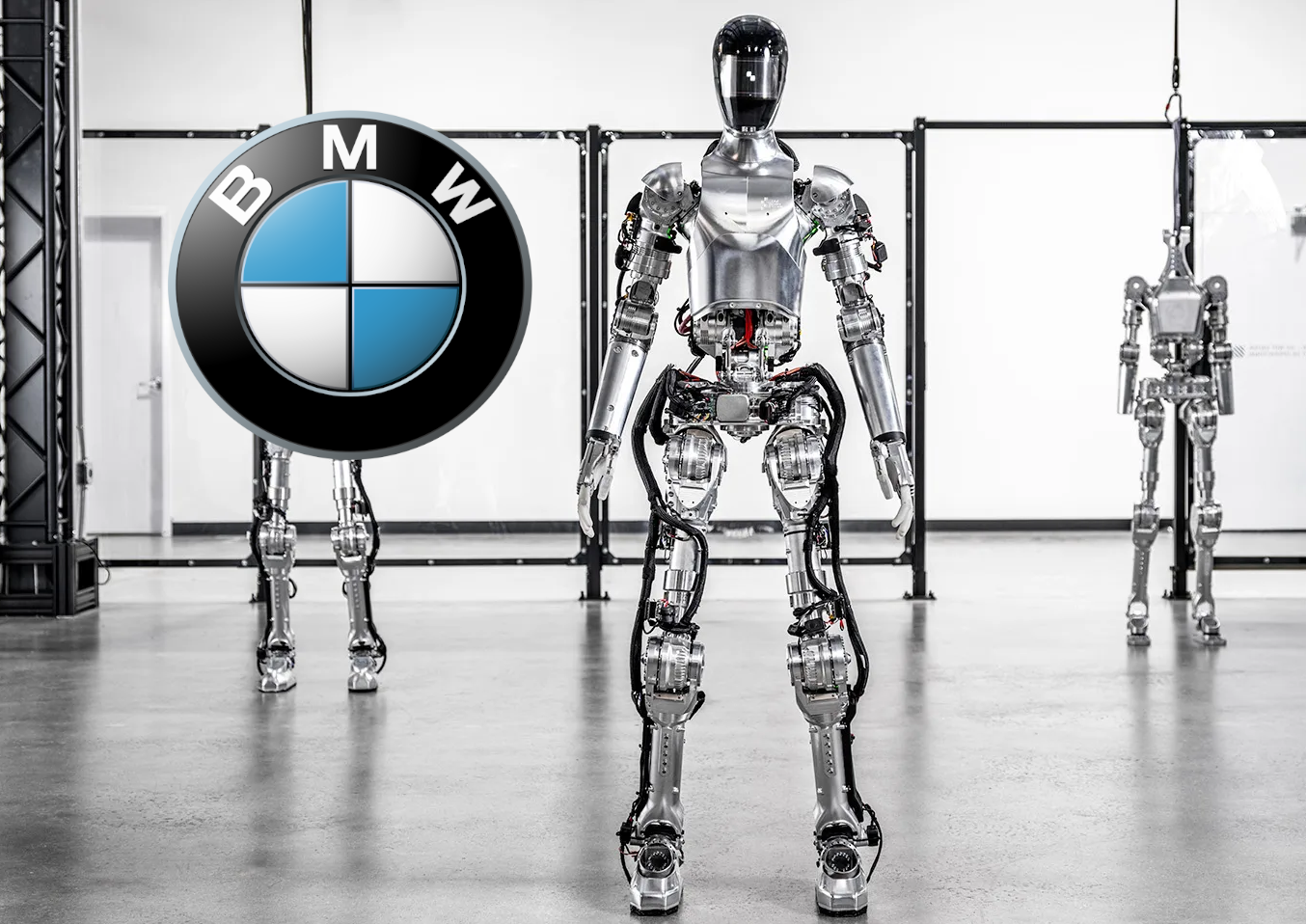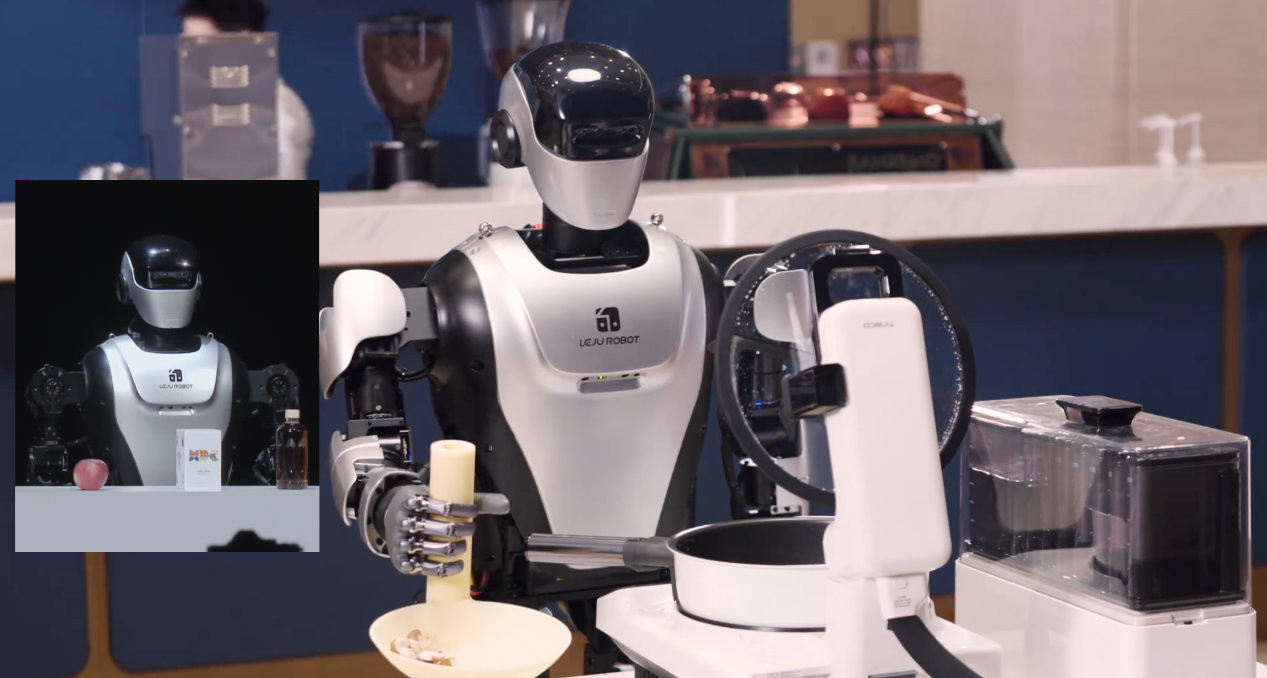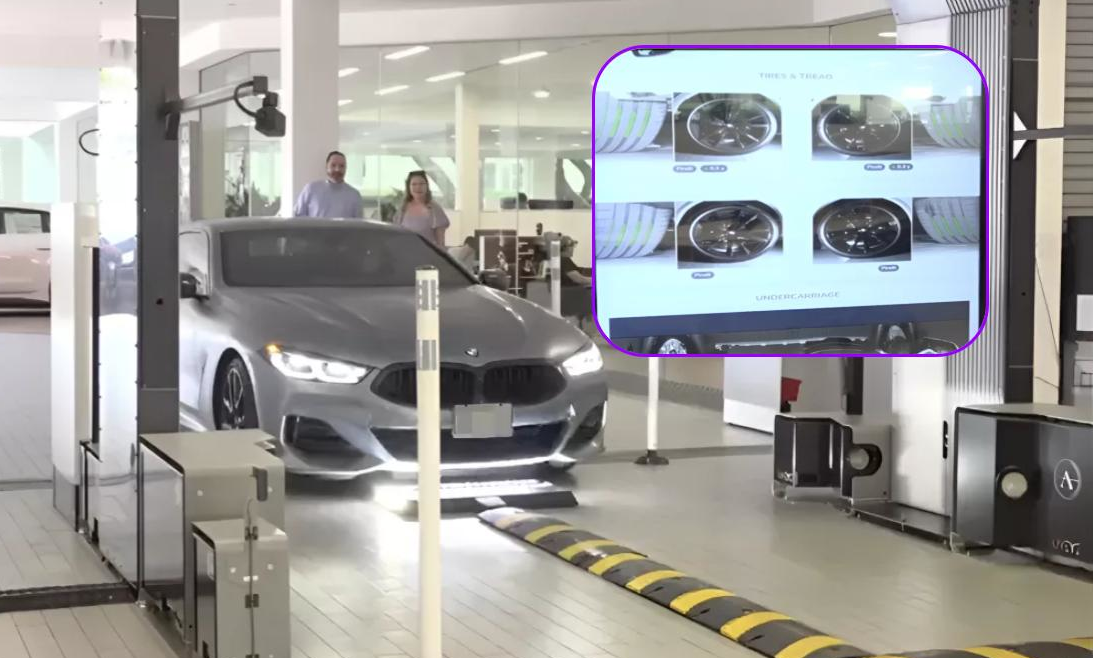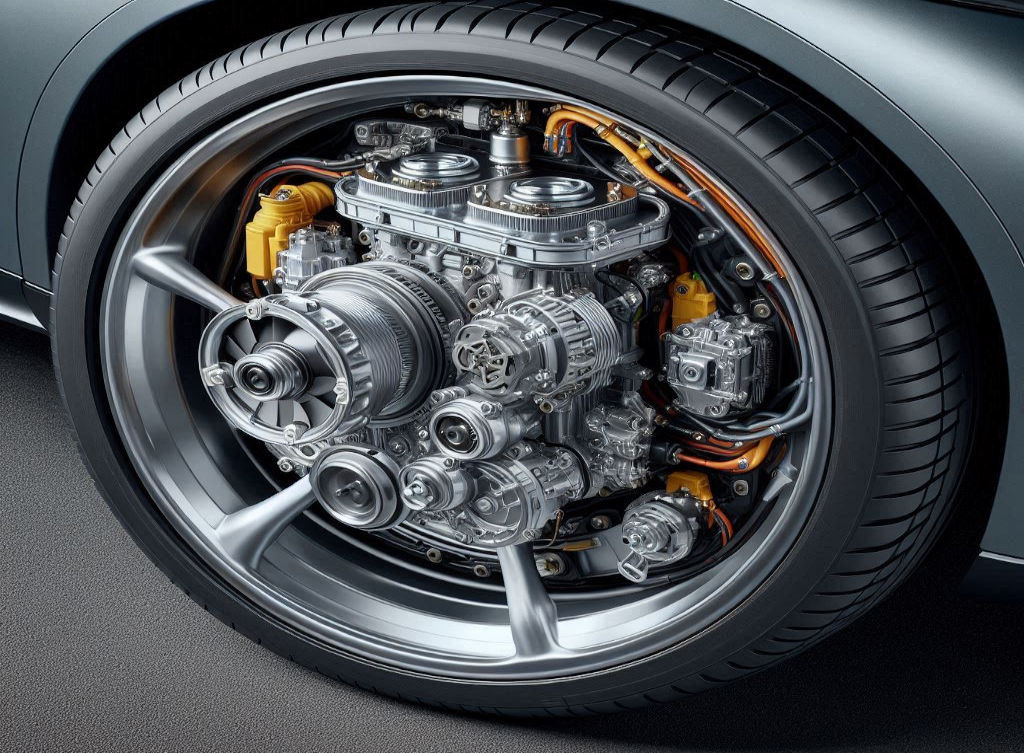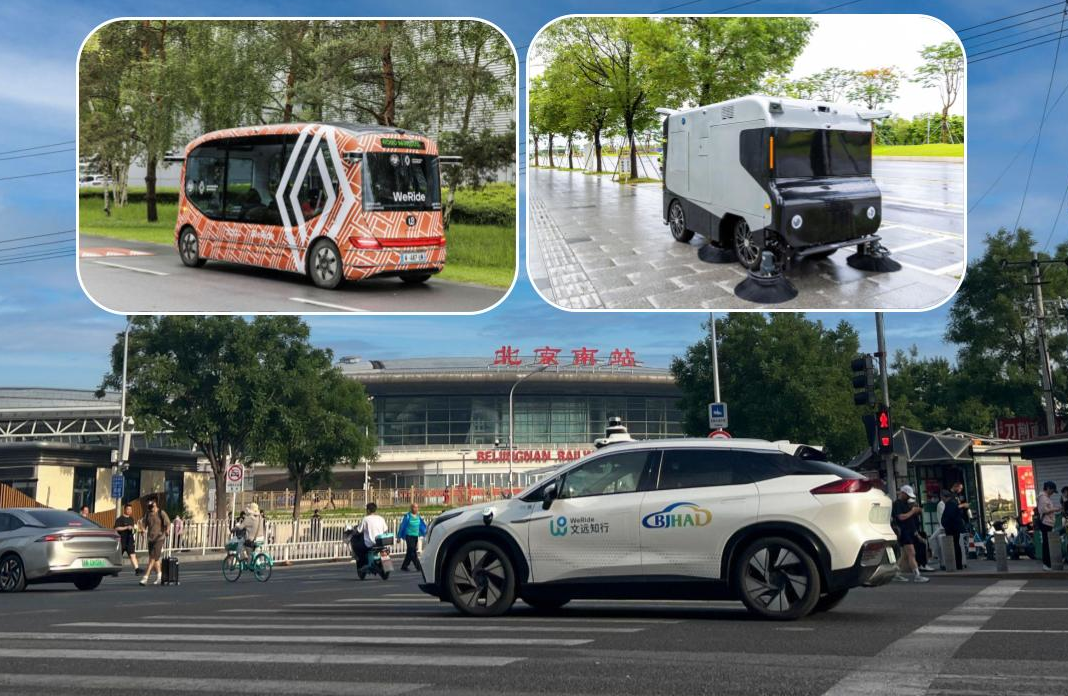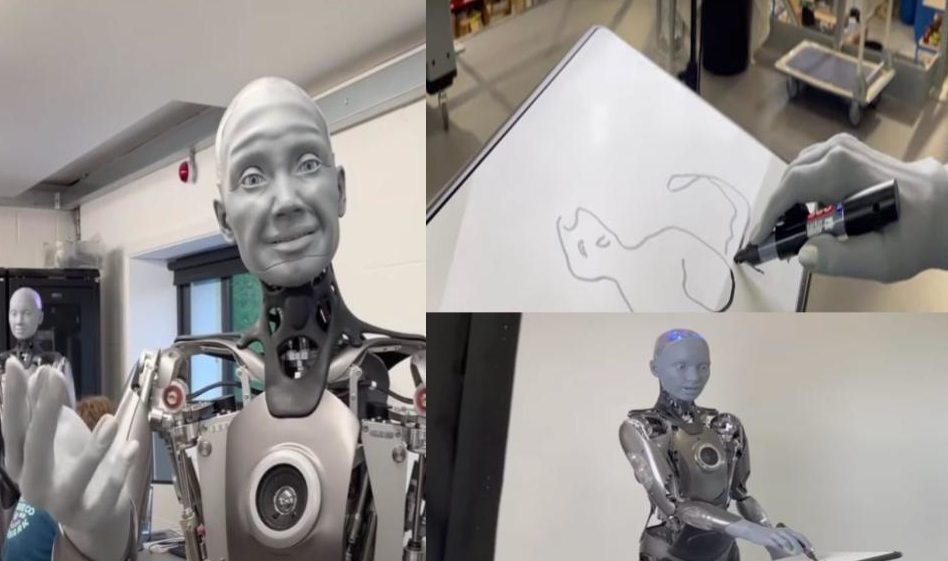Mercedes-Benz joins the automaker robot race, deploying the Apollo humanoid robot, developed by American company Apptronik, in its car factories. This move follows similar efforts by competitors: BMW using the Figure robot in its US factory, China’s Nio deploying Walker S humanoids, and Elon Musk announcing the Optimus robot’s imminent arrival at Tesla factories.
Mercedes-Benz aims to deploy Apollo for repetitive tasks requiring low skill but significant physical exertion, potentially hazardous for human workers. This move confirms the trend among car companies of automating jobs with low skill requirements.
Car companies leverage robotic systems extensively for tasks like lifting, moving, and positioning heavy car parts. However, humanoid robots remain uncommon despite the repetitive nature of many jobs like transporting items, unloading trucks, and performing simple quality checks. The challenge lies in adapting to non-fixed environments and handling non-programmed movements — unlike stationary robotic arms with singular tasks. This necessitates both an intelligent robotic control system and a flexible robotic body for humanoid robots.
Apollo Robot
At 1.7 meters tall and weighing 72 kilograms, Apollo can lift up to 25 kilograms. The company, Apptronik, has released several videos showcasing its diverse capabilities in object manipulation and movement. Interestingly, NASA is collaborating with Apptronik to leverage their robotic technologies in the Valkyrie robot, designed for a potential crewed lunar mission in 2026.
The Future
The success of these robots hinges on their intelligent systems’ ability to adapt to work environments, complete tasks at an acceptable speed, and avoid causing damage. This crucial challenge will determine not only the future of workers in these industries, but also the fate of humanoid robotics companies. These companies are currently attracting significant investor interest due to the high expectations surrounding their potential.
